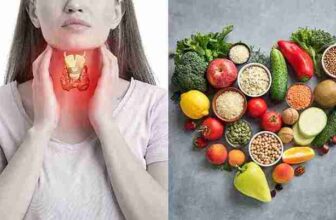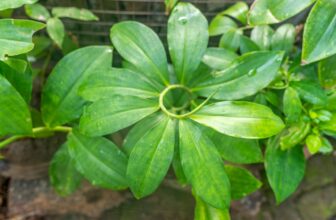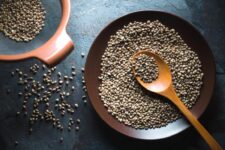
Benefits of Chia Seeds for Anti-Aging: Real or Hyped?
From smoothie bowls to overnight puddings, chia seeds have become a superstar in the world of health foods. Marketed as a nutrient-packed “superfood,” they’re often credited with everything from boosting energy to supporting weight management. One of the more intriguing claims is that chia seeds possess anti-aging benefits. But how much of this is grounded in science, and how much is just hype?
Let’s take a closer look at the nutrients inside chia seeds, what research says about their connection to aging, and whether they truly deserve their glowing reputation.
What Makes Chia Seeds Nutrient-Rich?
Chia seeds may be tiny, but they’re loaded with nutrients that are essential for overall health and wellness. Just a small serving (about two tablespoons) provides:
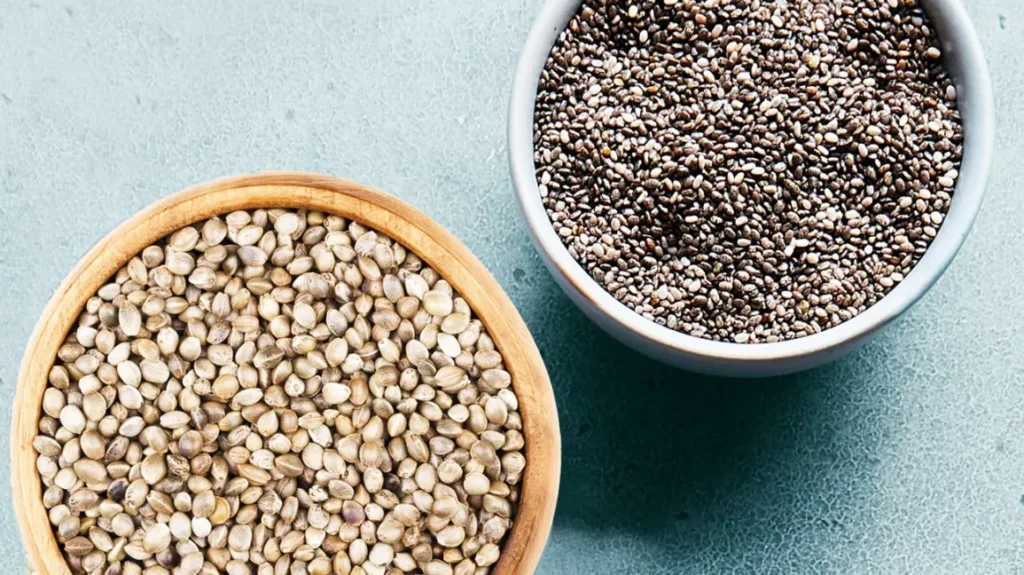
- Omega-3 fatty acids – linked to brain and heart health.
- Antioxidants – compounds that fight cell damage.
- Fiber – supports digestion and stabilizes blood sugar.
- Protein – helps repair tissues and maintain muscle.
- Minerals like calcium, magnesium, and zinc – vital for bone health and skin function.
This impressive nutritional profile explains why chia seeds are often touted as an anti-aging powerhouse. But what does science say about their direct link to slowing the aging process?
1. Antioxidants and Cellular Protection
One of the biggest anti-aging claims about chia seeds comes from their antioxidant content. Antioxidants neutralize free radicals—unstable molecules that damage cells and accelerate aging.
Chia seeds contain antioxidants such as chlorogenic acid and caffeic acid, which may reduce oxidative stress. In theory, this could help preserve skin elasticity, reduce wrinkles, and protect against age-related diseases. However, while antioxidants are undeniably important, chia seeds are just one of many sources.
Verdict: Helpful, but not unique—fruits, vegetables, and green tea provide similar or even higher antioxidant levels.
2. Omega-3 Fatty Acids for Brain and Skin
Chia seeds are one of the richest plant-based sources of alpha-linolenic acid (ALA), a type of omega-3 fatty acid. Omega-3s are linked to reduced inflammation, improved cognitive health, and skin hydration—all factors associated with healthy aging.
The catch? ALA must be converted by the body into EPA and DHA (the more active forms of omega-3s), and this conversion process is inefficient. While chia seeds can contribute, they may not provide the same benefits as fatty fish like salmon.
Verdict: Beneficial, but not a substitute for marine omega-3s.
3. Skin Hydration and Elasticity
Chia seeds are highly absorbent and form a gel-like texture when soaked in liquid. Some beauty enthusiasts suggest that this hydrating property translates to the skin when consumed. While chia seeds don’t directly “plump” your skin, their omega-3s and antioxidants can support skin barrier function, indirectly aiding hydration and elasticity.
Verdict: Supportive, but not a magic skin-hydrating food.
4. Anti-Inflammatory Effects
Chronic inflammation accelerates many signs of aging, from joint pain to wrinkles. Chia’s combination of omega-3s, fiber, and antioxidants may help reduce inflammation markers in the body. Studies suggest diets high in anti-inflammatory foods contribute to longer, healthier lives.
Verdict: Promising, but chia should be part of a wider anti-inflammatory diet.
5. Bone and Muscle Health
As we age, maintaining strong bones and lean muscle becomes critical. Chia seeds provide calcium, magnesium, phosphorus, and plant-based protein—all of which support musculoskeletal health. Including them regularly can contribute to longevity and independence in later years.
Verdict: Solid support for healthy aging, especially for plant-based eaters.
The Hype vs. Reality
So, are chia seeds a miracle anti-aging food? Not exactly. While they provide valuable nutrients linked to healthy aging, they’re not a one-stop solution to reverse wrinkles or stop time. The real benefit of chia lies in incorporating it as part of a balanced, nutrient-dense diet.
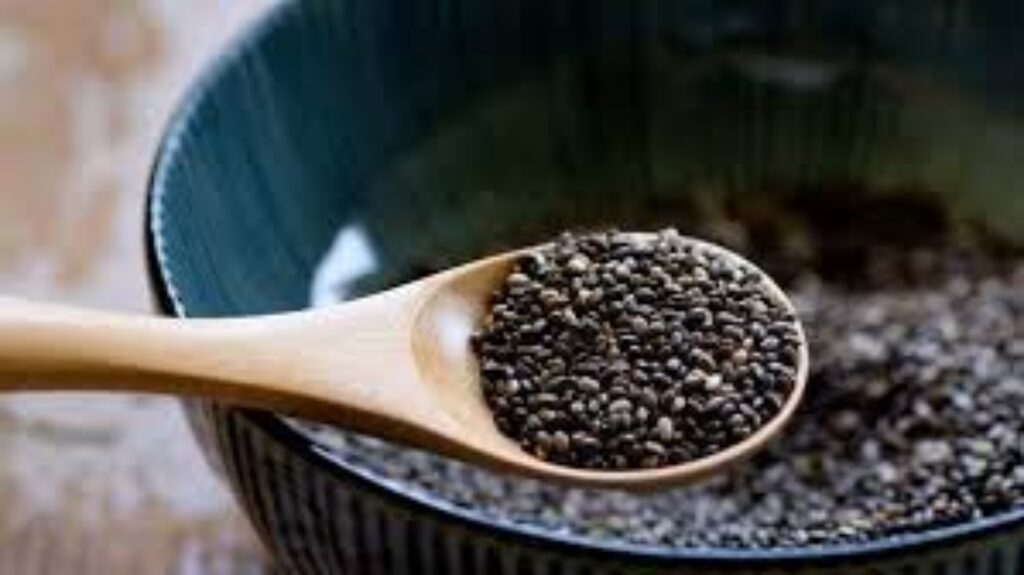
Anti-aging is not about single “superfoods” but about lifestyle choices: a varied diet, regular movement, good sleep, sun protection, and stress management.
Conclusion
Chia seeds do offer real benefits that support healthier aging—especially through antioxidants, omega-3s, and minerals. But the idea that they are a magic bullet against aging is overhyped. Think of chia as a valuable ally in your overall wellness routine, not a cure-all.
By adding them to smoothies, oatmeal, or baked goods, you can enjoy their nutritional perks while also reaping the benefits of a well-rounded lifestyle. After all, aging gracefully isn’t about fighting time—it’s about nourishing your body to thrive at every stage of life.



